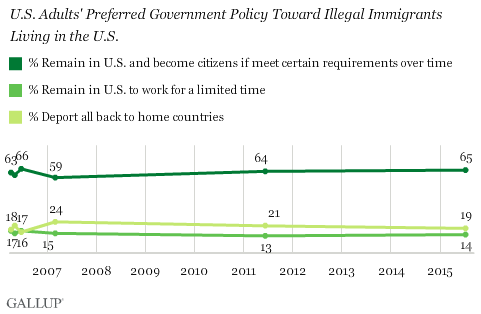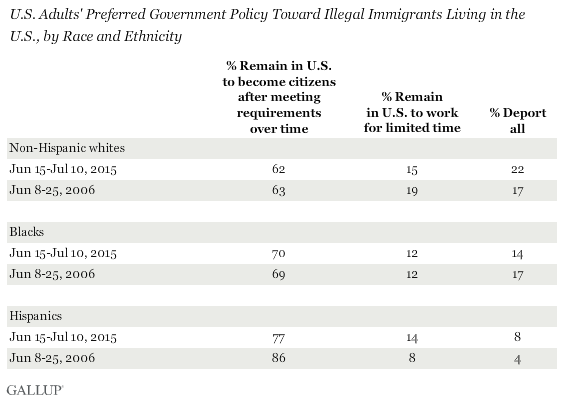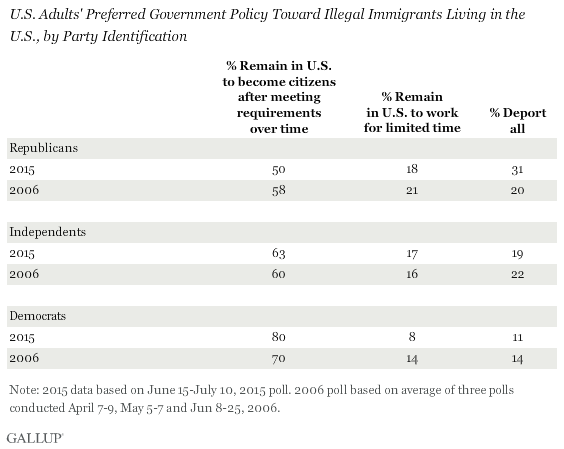By many accounts, Vice President Biden has spent his vacation week mulling whether to run for president — again. The decision will test head and heart and involve no small amount of emotion.
Tracking the story of is-he-or-isn’t-he-going-to-run is akin to chasing smoke, even to those who are loyal friends. Few people beyond his family are privy to his real thinking. Some Democrats say his advisers are making calls. Everyone looks for evidence of active pursuit of a campaign. Friends say they don’t yet sense a real campaign-in-the-making, and they doubt there ever will be. But they hedge.
Joe Biden has run for president twice without success, but almost three decades after his first campaign, the embers of ambition continue to glow. There was a time a few years ago when he might have willingly set aside those personal ambitions, if only because he could believe that his son Beau, a talented politician in his own right, would one day run for and perhaps be elected president.
Beau Biden’s tragic death a few months ago robbed the vice president of that hope. It is now left to the father to decide whether to do what his son reportedly urged him to do — to run once more. The death of Beau Biden also has prolonged the decision-making process about another campaign. It’s understandable that the vice president has not yet said “no” to a campaign in 2016. He is being tugged in different directions.
Biden can find reasons to think he should run. He is an accomplished public servant. He is a politician with 36 years of experience in the Senate. He served as chairman of both the Foreign Relations and Judiciary committees. He has been one of the most active vice presidents in history.
As he looks at Hillary Rodham Clinton, is there any doubt that he wonders why so many Democrats have tried to smooth her path to the nomination while seeming to ignore him? Does she have longer experience, more authenticity, a firmer connection to the middle class? He has long been an advocate for the struggling middle class, and unlike Clinton, he has not become fabulously wealthy.
Like any politician, he has flaws. His judgments would be examined and scrutinized. His penchant for verbal miscues would come roaring back. Some have been maladroit enough that he has been forced to issue a retraction or apology. Others were less cringe-worthy but still notable. All would be fair game.
But if he has long been a punch line for late-night comedians, he also has developed a reputation for decency and an air of authenticity at a time when that quality is prized, even sought after. Now he also has the sympathy of friends and adversaries alike because of the tragedy of his son’s death.
Biden is well-liked and enjoys great good will. In Iowa, for example, he has many friends and admirers dating back to his first campaign in the 1988 cycle, a campaign that ended in 1987 after a scandal involving plagiarism. That good will was evident there when he ran the last time, in 2008. On the eve of the caucuses that year, his advisers were certain that he was developing real momentum. When the final numbers were allocated, he was at 1 percent. The lesson: Good will does not translate to political support.
It is said that he can wait a bit longer to make a decision because he has been through campaigns before and would be able to assemble a network of political and financial support more quickly than a novice candidate. But look at what he would be going up against.
Biden has not been a prodigious fundraiser. When he ran the last time, he raised about $11 million in all of 2007 and about $13 million in total. In this campaign, Clinton raised $4 million during her first three months as a candidate. She is likely on her way to $100 million by this fall. That’s not money in a super PAC, but hard dollars raised in maximum donations of $2,700. The math for Biden is daunting.
So, too, is the prospect of assembling a campaign. Presidential campaigns are significantly larger and more complex than they were even just eight years ago. Obama’s 2008 campaign helped to pioneer the modern model. Biden’s was anything but that eight years ago.
To put together all the pieces needed in an era of social media and digital communication and prodigious amounts of data and tens of thousands of volunteers is laborious and time-consuming.
What would be Biden’s reason for deciding to run at this point? That’s a more difficult question for him to answer. His policy differences with Clinton are not obvious. He cannot claim to be the idol of the progressive wing of the party, in the way that Bernie Sanders has become. He and Clinton owe allegiances to President Obama and to the policies of the administration. Even more than Clinton, he has been a partner of the president.
“Biden, Gore buzz hound Clinton campaign,” read a line on CNN on Friday afternoon, referring to talk that both the current vice president and former vice president Al Gore were weighing whether to run.
A Gore spokeswoman told Politico that there was “no truth” to the speculation about her boss. But the climate that produces such talk is real: The notion, fair or not, that Clinton is increasingly vulnerable has Democrats increasingly worried.
Biden would want his candidacy to be seen on its own merits. Given the current state of play — Clinton’s declining trust numbers, the investigation into her private e-mail account and expressions of concern among Democrats about her vulnerabilities, along with Sanders’s rise in the polls — that would be impossible.
A Biden campaign would quickly be cast as one that embodies a lack of confidence in Clinton, an anti-Hillary venture from the start. She would take seriously the challenge and deal with it, if Biden developed momentum — vigorously and directly. One or both would be damaged in the process.
No one on the outside knows what Biden will decide. Not many on the outside believe that in the end he will say “yes,” although they do not rule it out. If he doesn’t run, he will leave office in January of 2017, at age 74, with an enviable record of public service capped by eight years as a consequential vice president — but with his dream of being president unfulfilled. That means to say “no” this time comes with a sense of finality that did not exist in the past. No wonder the vice president is still mulling.

Dan Balz is Chief Correspondent at The Washington Post. He has served as the paper’s National Editor, Political Editor, White House correspondent




